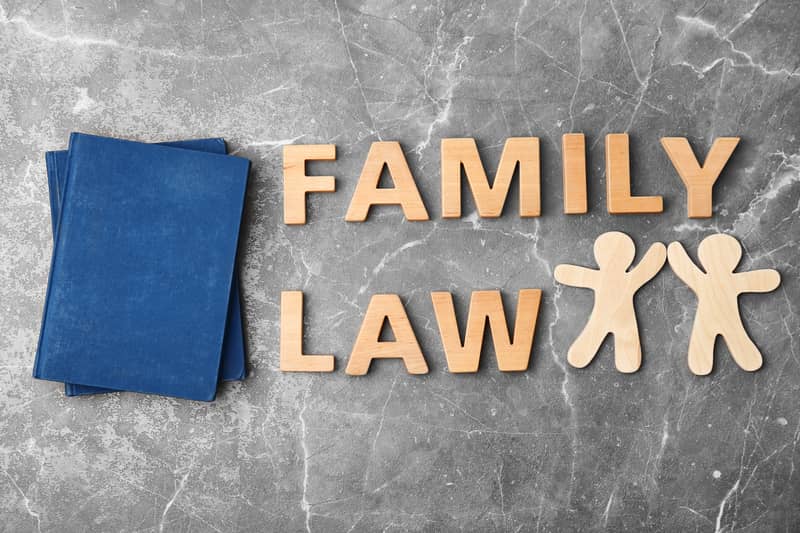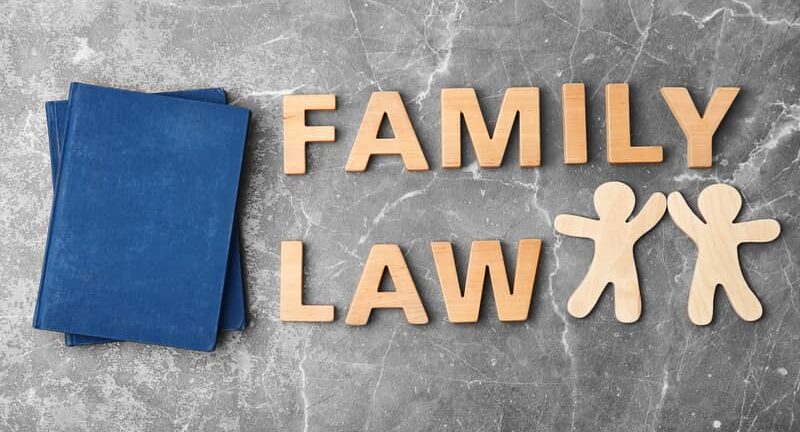
 Spousal privilege is the legal and policy doctrine that accords confidentiality between spouses with an aim to encourage martial harmony and to protect families. There are two types of spousal privilege: (1) testimonial privilege and (2) communications privilege. Each privilege applies in finite circumstances and requires an inquiry into the status of the marriage.
Spousal privilege is the legal and policy doctrine that accords confidentiality between spouses with an aim to encourage martial harmony and to protect families. There are two types of spousal privilege: (1) testimonial privilege and (2) communications privilege. Each privilege applies in finite circumstances and requires an inquiry into the status of the marriage.
Testimonial Privilege
Testimonial privilege is asserted in criminal cases. In this scenario, one spouse is called to testify against another spouse in a criminal proceeding. The spouse who is being called to the stand can assert testimonial privilege and refuse to testify against the defendant spouse. At the same time, this privilege is not absolute. The witness spouse may choose to waive his or her privilege and testify anyway. This can occur even under the objection of the defendant spouse. In different jurisdictions, there are exceptions to testimonial privilege including in the case of marital rape. For the testimonial privilege to apply, the defendant spouse and the witness spouse must be married at the time the privilege is asserted.
Communications Privilege
Spousal communication privilege is asserted in both criminal and civil cases. This privilege covers words uttered and actions taken during the marriage. The totality of the circumstances must convey that the communication was intended as private. Therefore, one spouse can assert the communications privilege when asked to testify to private, confidential communications occurring during the marriage. Unlike testimonial privilege, communications privilege survives the end of the marriage. As such, a spouse can assert the communications privilege as long as the communication occurred during marriage even though the marriage has now ended in divorce or death. In the case of spousal communications, both spouses are permitted to refuse to make a disclosure. The burden is on the opposing party to prove that the words or acts were not intended as private.
Spousal Privilege in North Carolina
The spousal testimonial and communications privileges are known as common law constructions. In North Carolina, these privileges are statutory. The statutory formation may include multiple exceptions to the rules conveying that the state is more interested in other matters that may trump keeping harmony in the marital relationship. Spousal communication privilege in North Carolina is quite similar to the common law construction:
No husband or wife shall be compellable to disclose any confidential communication made by one to the other during their marriage.
However, North Carolina provides the following exception in its version of testimonial privilege:
- Criminal cohabitation or bigamy
- Assault or threats
- Trespass upon the residence of other spouse when living separately
- Abandonment or failure to provide support
- In the prosecution of one spouse for any criminal offense against the minor child of the couple or one spouse
Charlotte Divorce Attorneys
The spousal testimonial and communications privileges can appear as obscure evidentiary rules. However, in practice the assertion or lack thereof can have severe repercussions in divorce proceedings and related criminal mattress. The lawyers at Powers Landreth PLLC can advise you on spousal privilege matters and prepare you accordingly. Contact us now for a consultation.
Resources:
law.cornell.edu/wex/marital_privilege
ncga.state.nc.us/enactedlegislation/statutes/html/bysection/chapter_8/gs_8-57.html
law.cornell.edu/wex/marital_privilege
Related Posts
Equitable Adoption in North Carolina
The doctrine of Equitable Adoption is a judicially created “equitable” remedy...
Charlotte Child Custody and Contempt of Court
The North Carolina Court of Appeals ruled this week on a longstanding Charlotte...

